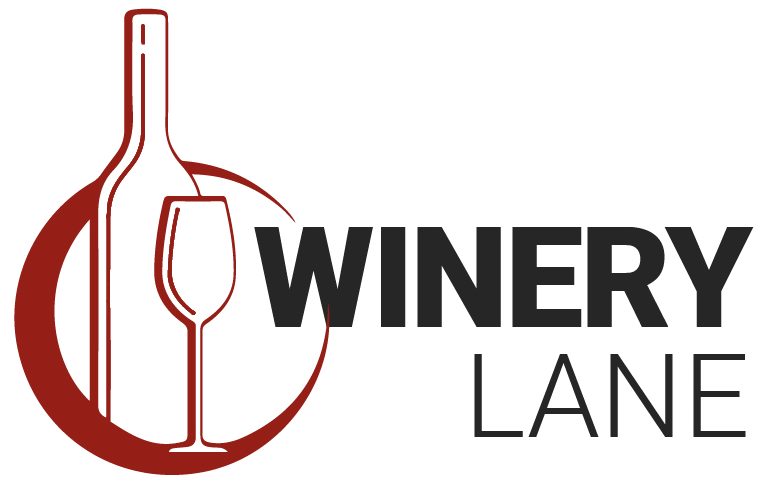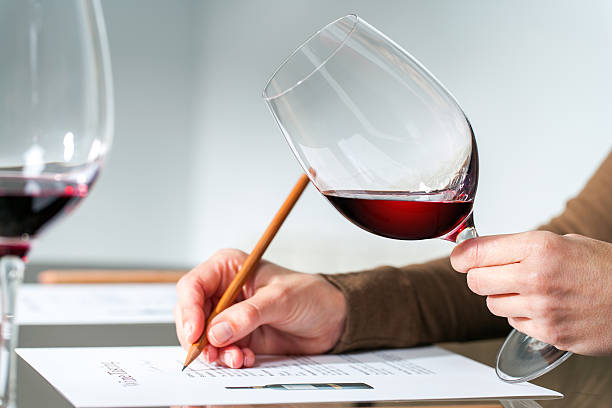Imagine that you’re on your honeymoon and visiting California wine country. You are scheduled to visit beautiful properties every day and taste a variety of wines.
You want to relive these memories when you return home. So, you ask for your favorite bottles to be sent to you. The wineries are unable to ship to your state.
You come home empty-handed. You are unable to find the honeymoon wines you want at any local stores in your state. You are frustrated and think that the internet can help. You can buy anything online. Why not wine?
You find the wines you want at a store located in a neighboring state. They even include shipping. When you reach the checkout stage, the retailer tells you that they cannot ship to your area.
This isn’t a hypothetical for millions of Americans; it’s already a fact. The legal availability of hundreds of thousands of wines is not possible.
Legal minefield
The US wine distribution system is, at best, confusing and, at worst, complicated. There are two paths to the issue: winery-direct and retailer shipping. At present, 42 out of 50 US states permit wineries to offer a direct-to-consumer service, whereas retailers are only allowed in 14.
Retailers are often prohibited from shipping out of state. Wineries may think 42 states is a lot, but it’s not.
Shipping can be too complicated or costly to attempt, even when it is legal. Each state has its unique system, with different levels of permits, fees, and strange hoops.
Utah and Mississippi, for example, allow online wine club purchases, but the shipment has to go through a store run by the state before a customer can collect it. Connecticut also requires that wineries pay separate fees and registrations for each label they wish to sell. They must also file 36 reports a year. New Jersey’s is even more expensive. There are at least 29 reports per year.
Rhode Island and Delaware will ship wine if you purchase it in person, but they do not allow ordering online. In many states, the amount of wine a customer can order monthly or annually is limited. For example, in Minnesota, it’s only 24 bottles per year.
This situation is a result of two federal laws that date back to a time long before the era of modern ecommerce.
Contradictory laws
The Commerce Clause of the US Constitution and the 21st Amendment are locked in a constant, contradictory struggle for power. The first guarantees a free federal market, while the second allows for state restrictions.
The Commerce Clause prohibits discrimination against out-of-state commerce. This law was a result of trade barriers in the Thirteen Colonies, which prompted the founding fathers to create the Constitution. The founders believed that the United States wouldn’t be united if they couldn’t trade freely.
The 21st Amendment was passed in 1933. Section 1 ended Prohibition. Section 2 is the source of inconsistency. Each state was given the authority to regulate alcohol sales according to their preferences. It was intended to provide alcohol distribution an official structure – not to let organized crime take over like it did during Prohibition.
This system was not the problem it is today for decades. We live in an increasingly interconnected world. In the 1930s, it was insignificant and even impossible that West Coast wine would not be available on demand on the East Coast.
In 2005 and 2019, two landmark Supreme Court decisions ruled that the Commerce Clause trumps the 21st Amendment. Shortly: Discrimination against out-of-state winery-direct shipping and retail shipping is unconstitutional. In spite of this, many states have laws that are restrictive and go against the intentions.
Three-tiered system
Why do cases involving this continue to be brought before courts across the country? Why is it that a market which was supposed to be open and free appears to be neither of these?
Answer: Influence, power, and suppression of competition. If wine can’t flow freely across the US, then distributors control what is available in their local market.
John Winthrop is the founder and CEO of California’s Veritas Imports. “Complicated laws entrench those who already dominate that business.” They want more complicated laws that will put small people out of business.
This mess is centered around the core controversy of the US wine industry: the three-tiered system.
1. Producers/wineries
2. Wholesalers/distributors
3. Retailers/Restaurants
The three-tier system is another by-product of Prohibition. It was designed to regulate alcohol and to prevent cross-ownership. A winery cannot also own a bar. The mark-ups and taxes accumulate along the way. A $10 wholesale wine can become $20 at the distributor, $30 at the retailers, and $60 in a restaurant.
The system is mandatory in most states, although each has its own version. According to state laws, producers may be required to sell directly to consumers rather than to distributors who take a percentage of profits. Wineries are required to have distributors in every state. Each state has different taxes, permits, and rules, which adds further complexity.
Wholesalers/distributors control which wines go where. It limits consumer choice and prevents small producers from entering the market. Each state only has access to 20% -30 % of the wines in the US.
Imported wines are also affected by these structures and restrictions. Only auction houses and retailers can sell non-US wine, limiting the number of customers who can purchase them at increasing prices.
The three-tiered system in action
The middle-tier requirement creates the perfect platform for big distributors to push their brands and control markets. Tom Wark is the executive director of the National Association of Wine Retailers.
The wholesalers excel at the distribution of brands such as Constellation Treasury and Gallo. This is what they do. They make more money if they deal with fewer brands.
All this comes down to profit. Wholesalers with deep pockets fund politicians who keep or pass laws that benefit them. Wholesalers contributed $56,000,000 to state and federal elections in the two election cycles from 2017-2020.
Wark reveals the magnitude of these donations. In every state, wholesalers give twice as much money as all the other levels combined. Contributors to campaigns explain the importance of the three-tiered system and that if a mandate were not used, all hell would break loose.
The wholesalers are providing large campaign contributions to the legislators. They have been doing it for a very long time.
Who really is at risk?
Michael Bilello is the senior vice president of marketing and communications for Wine & Spirits Wholesalers of America. He explains the wholesalers’ perspective. We are against direct shipping by producers to consumers. Immediate shipping is a nightmare for tax regulators, who are responsible for ensuring that producers comply with their taxes across the country.
Bilello continues: “Local retailers are licensed to ensure that the customer is of legal drinking-age, taxes from state and local governments are collected and remitted and only licensed products are transacted.” Interstate shipping is a violation of the 21st Amendment, which gives states the right to regulate alcohol. It also puts consumers in danger.
A common response is that direct shipping puts consumers at risk or that the three-tiered system “protects public safety and health.”
Sean O’Leary, a Chicago-based lawyer specializing in liquor law, challenges this. What are distributors doing to ensure health and safety? No one has said. The phrase “health and safety” is code for protectionism.
Wine distribution restrictions in the US are having a far-reaching impact. The Covid-19 pandemic is a major reason for the closure of many small businesses. If the few companies that are still standing today are denied the chance to operate without restrictions, there will be very few if attitudes ever change.
Jim Knight, the co-owner of Los Angeles wine retailer The Wine House, shares his perspective on a family-run business. We’ve built relationships with wineries for 42 years. Some wines are only available to us. I want to see them in the hands of as much variety as possible. State laws are preventing me from accessing the national market and shrinking my audience daily.
Knight adds: “It’s not only bad for us in terms of revenue, but also for the consumer. Consumers are forced to purchase only the most popular brands in the world. The wine community should be concerned about this issue.
More wine for more people
The consumer is forced to pay more for less. Reforming these systems will allow consumers to access higher-quality wine, both domestically and imported.
Wark explains that eliminating the requirement to use a wholesaler would increase the selection of alcohol for consumers, restaurants, and retailers. This would eliminate the three-tiered system.




